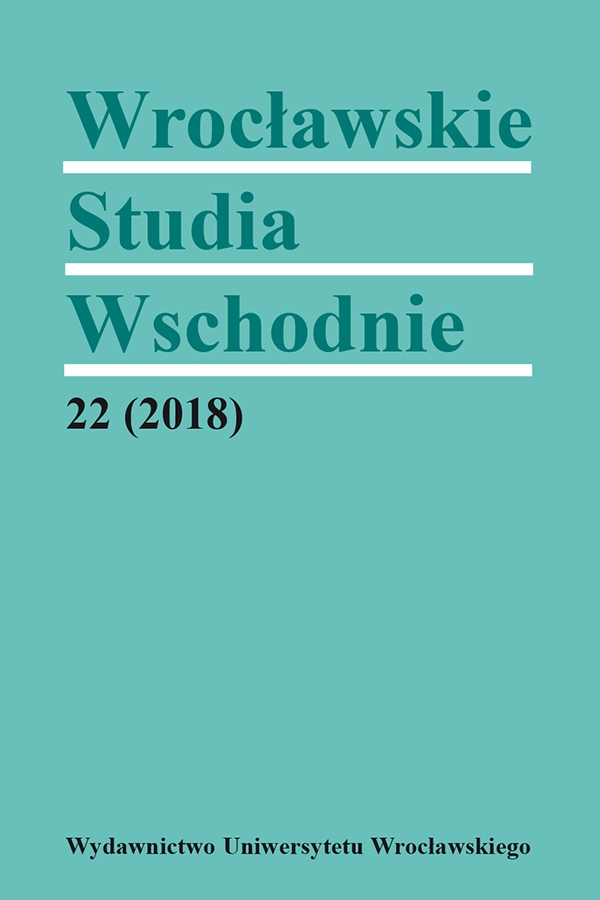

Miscellanea

Литва и литовцы в работах историка Михаила Кояловича 1828–1891
Главной темой статьи является образ истории Литвы и литовцев в работах российского историка Михаила Кояловича 1828–1891. Этот автор способствовал формированию особого представления о прошлом земель Великого княжества Литовского и целого мировоззрения, получившего название «западноруссизм», доминирующего среди интел лектуалов, происходивших из литовских и белорусских губерний Российской империи во второй половине XIX–начале XX вв. Общее направление этой идеологии было явно русификаторским, направленным на уменьшение польского и еврейского влияния на землях бывшего Великого княжества Литовского. Отношение к Литве и литовцам носило при этом специфический характер, который необходимо проследить. Литовцы, несмотря на то, что к ним относились как к части «западнорусского народа», вопринимались как народ, говорящий на другом языке и имеющий выраженное балтийское происхождение. Одновременно, Коялович утверждал, что многовековые связи литовцев и белорусов способствовали постепенной славизации литовцев. «Западнорусская» идеология повлияла на российскую и белорусскую историографию, а также на восприятие белорусами истории Великого княжества Литовского. Во второй половине 90-х гг. ХХ в. «западноруссизм» возродился в Беларуси и в определённой степени влияет на политику памяти в этой стране. Образ Литвы в «западнорусской» версии в некоторой степени влияет до сих пор на белорусско-литовские отношения, особенно в интеллектуальной и культурной сферах.
Lithuania and Lithuanians in the works of historian Mikhail Koyalovich 1828–1891
The main theme of the article is the image of the history of Lithuania and Lithuanians in the works of Russian historian Mikhail Koyalovich 1828–1891. This author has contributed to the creation of a detailed vision of the past Grand Duchy of Lithuania and the entire worldview called “West-Rus’ism” that prevailed among intellectuals, from the Lithuanian and Belarusian provinces of the Russian Empire in the second half of XIX — early XX century. The general direction of this ideology was clearly Russification and strive to combat with Polish and Jewish influence in the lands of the former Grand Duchy. The attitude of Lithuania and Lithuanians, however, had a number of specific features that should be discussed. Lithuanians, despite treating them as part of the “West-Rus’ian people” but were seen as people speaking a different language and having a clear Baltic origin. At the same time, M. Koyalovich argued that centuries Lithuanians compounds with Belarusians contributed to the strong Slavic influence of Lithuanians. The ideology of “West-Rus’ism” influenced the Russian and Belarusian historiography, as well as Belarusian perceptions of past of the Grand Duchy of Lithuania. In the second half of the 90th XXth century “West-Rusism” reborn in Belarus and to some extent affect to politics of memory in this country. The image of Lithuania in the perception of “West-Rus’ism” to some extent to this day affects the Belarusian-Lithuanian relations, especially at intellectual and cultural level.